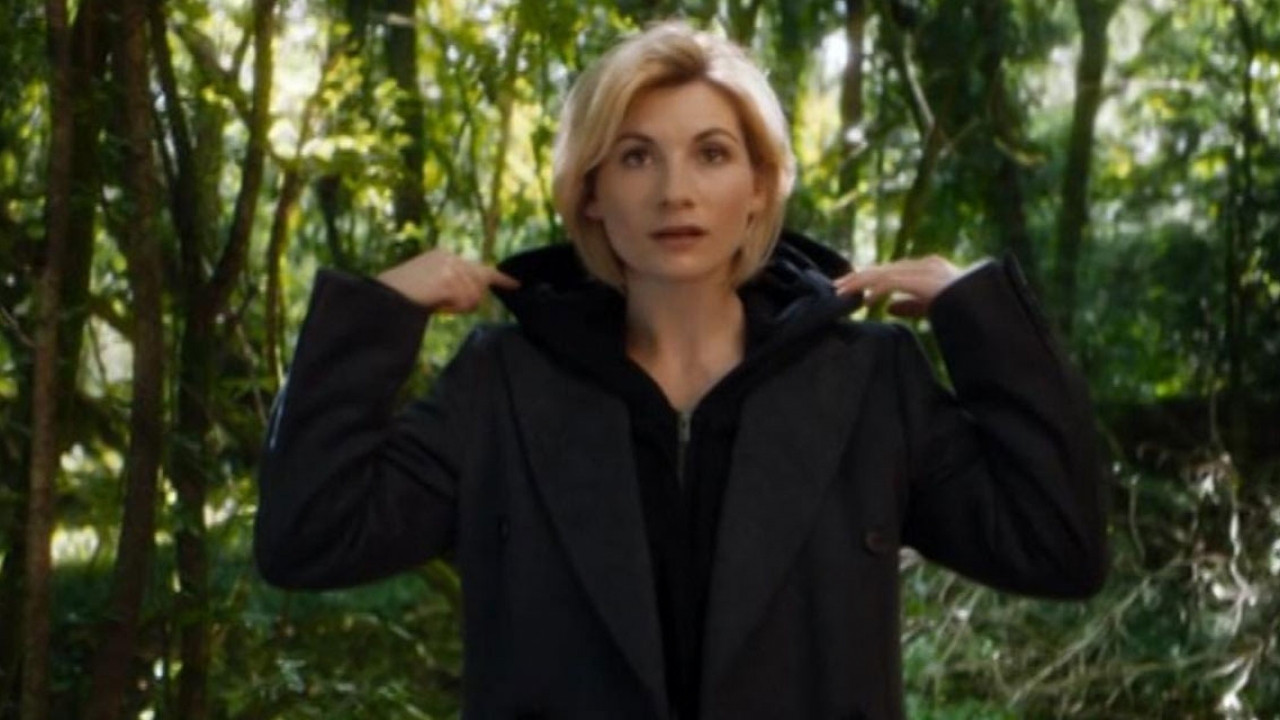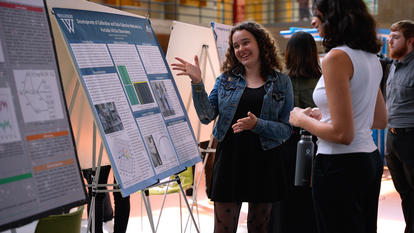Wellesley Women’s and Gender Studies Professor Says New “Doctor Who” Breaks Important New Ground

This week the wildly popular science fiction franchise Doctor Who announced the eponymous lead role in the upcoming season would be played by a woman—after 12 previous leads were played by male actors. (Doctor Who is a time-traveling alien who goes through a regeneration and takes on a new body—and thus, must be played by a new actor.)
The news sent ripples across social media, where the choice was hotly debated, and media outlets like The New York Times ran op-eds about what the change means. A video of a young girl reacting, with glee, to the live announcement of the news on BBC (where the show airs) went viral. In response to the news, Merriam-Webster tweeted out this pointed response: “‘Doctor’ has no gender in English.”
Irene Mata, Barbara Morris Caspersen Associate Professor of Humanities and associate professor of women’s and gender studies, said, “The choice to cast a woman [Jodie Whittaker] in such a beloved role holds significance beyond the small screen.” Mata is an expert in analyzing pop culture from a feminist perspective. She is also a longtime “Whovian,” the name for fans of the show.
“Doctor Who represents the hope of the universe,” she said. (The character is the last of his—or now, her—kind, a “Time Lord” who routinely saves the day—and sometimes the entire universe.) “The 13th Doctor offers viewers the opportunity to see a woman as this character, a hero who comes to the rescue of countless worlds and peoples.”
Mata said it is important to consider the show’s genre, including “the promise inherent in science fiction—the vision of unlimited possibilities, where the boundaries of our present reality are absent.” Mata sees the genre as “a space where marginalized peoples have found a place of belonging, where equality is possible, and where difference is embraced and not rejected.” She noted that in the past few years, the number of women in lead roles in science fiction books, shows, and movies has been on the rise, including in “long-existing sci-fi worlds.” She lists Daisy Ridley as Rey in Star Wars: The Force Awakens, Felicity Jones as Jyn Erso in Star Wars: Rogue One, and Sonequa Martin-Green as Michelle Burman and Michelle Yeoh as Captain Georgiou in the upcoming Star Trek: Discovery. Doctor Who is the longest running science fiction character in television, she said, and Whittaker “is stepping into a role that has been defined by the men who have previously wielded the Doctor’s sonic screwdriver,” the character’s iconic tool.
Mata noted that “the enthusiasm for Whittaker’s casting was met with the predictable backlash” from those who can’t imagine a woman in the role. “These objections are rooted in an antiquated ideology of gender that lacks true imagination and places limits on what women are capable of accomplishing—even in a fictional world populated by alien life forms.”
“A new generation of Whovians,” she said, “will grow up believing it is possible for a woman to be the keeper of the universe, the pilot of the TARDIS,” the Doctor’s equally iconic time-traveling craft that looks, from the outside, like a 1960s-style London police box. “Jodie Whittaker’s casting as the Doctor,” she added, “reminds us that representation matters.”



